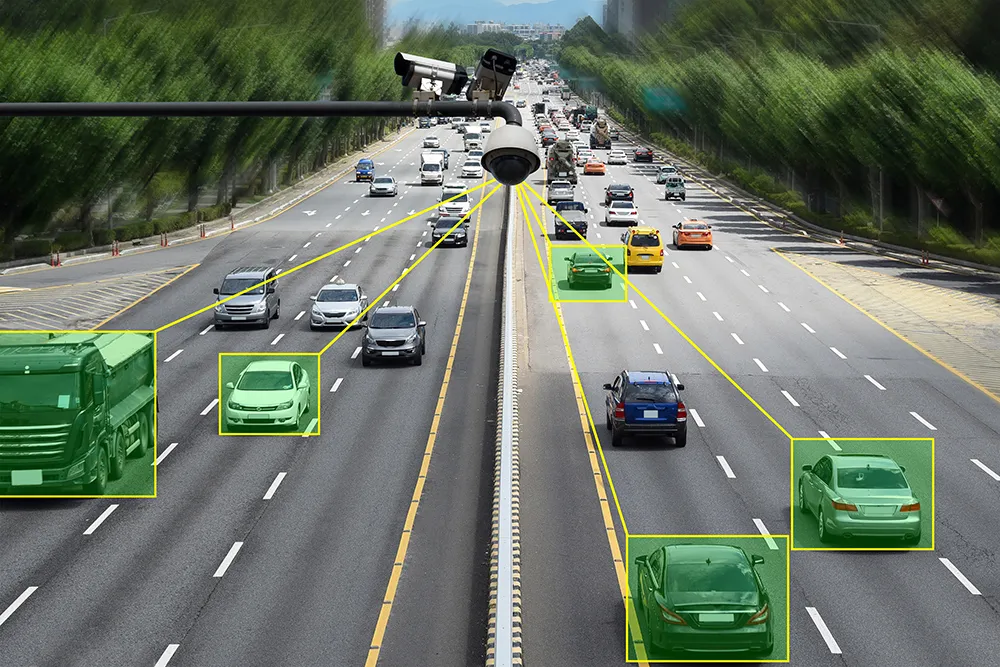German companies KSW Microtec and Melzer have announced a collaborative initiative to produce a multi-layer UHF label for customised applications in access control and asset tracking. Drawing on the flexible engineering of KSW's windshield inlays and powered by Melzer's new SL-600 processing machine for converting selfadhesive label stock and dry inlays to fully functional RFID tags, the partners claim the labels offer the best and consistent read range for all types of applications.
January 31, 2012
Read time: 1 min

RSSGerman companies 700 KSW Microtec and Melzer have announced a collaborative initiative to produce a multi-layer UHF label for customised applications in access control and asset tracking. Drawing on the flexible engineering of KSW's windshield inlays and powered by Melzer's new SL-600 processing machine for converting selfadhesive label stock and dry inlays to fully functional RFID tags, the partners claim the labels offer the best and consistent read range for all types of applications.
These include automotive labels for windshields used for road toll, parking, city access, vehicle identification and fraud protection as well as labelling for logistics and luggage tracking.
These include automotive labels for windshields used for road toll, parking, city access, vehicle identification and fraud protection as well as labelling for logistics and luggage tracking.









